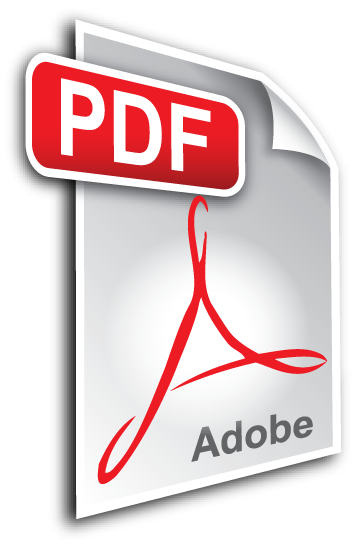|
Chair of Ethics and Financial Norms
Université Paris 1 Panthéon Sorbonne – King Abdulaziz University
1st Seminar : Comparative Assessment of Different Models of Insurance
Wednesday 16 September, 2015 (03 Dhu Al-Hijjah, 1436)

Prof. Dr. Munawar Iqbal & Prof. DrPierre-Charles Pradier . . (Speakers)
(Islamic Economics Institute, KAU -- Université Paris 1 Panthéon-Sorbonne)
Abstract
1. It is uncertain when one will be struck with a tragedy. But that everyone will be struck with them at some time is ‘certain’. Qur’ān testifies to that:
“We will surely put you to trial by means of some fear and hunger and by causing loss of property/income, life and crops…” [02:155].
2. It is, thus, part of Muslims’ belief and of non-Muslims’ experience that everyone should be sure that tragedies are on his way. In many cases, the losses from such adversities are so huge that they are beyond the capacity of individuals to bear. People may not have heard the name of insurance, but from time immemorial individuals and communities have been taking steps to tackle risks/adversities that they may face.
3. There are many pre-Islamic institutions/instruments on record that were used for this purpose. In many cases, Islam either adopted or adapted pre-Islamic practices1. Non-Muslim societies, in turn benefitted a great deal in all spheres of life from the Golden Era of Islam starting from Prophet (SAAW) to the 18th century. During the last two centuries, Western societies have developed knowledge and institutions which can enhance human welfare. In the field of insurance also there is significant potential to benefit from Western experiences. Mutuals providing insurance services have been in operation in Europe since a very long period. The cooperative insurance being presented as the Islamic alternative to commercial insurance can benefit a great deal from their practices.
4. In this lecture and the subsequent paper, we plan to present a comparative assessment of different models of insurance; namely (i) Commercial insurance (ii) Cooperative or mutual insurance (iii) Takāful and a proposed (iv) Manīḥah-Based model of Insurance. 1 The examples of muḍārabah in Islamic finance and ʿaqilah in insurance are most pertinent. Achievement of Maqāṣid al-Sharīʿah has been and still remains the guiding principle in this respect.
5. At the time of the Prophet (SAAW), insurance as a contract did not exist. Therefore, there is no clear text in either Qur’ān or Sunnah to prohibit it. It is a matter which can (and should) be a subject of ijtihād in the light of the Maqāṣid al- Sharīʿah.
6. The process of ijtihād on this issue is underway since more than 25 years. We will report and comment on some of the fatāwá given in recent years.
7. We argue that insurance coverage has become a need which must be fulfilled. Various models of insurance available, whether in Muslim or non-Muslim countries may have useful elements. Each model also has negative aspects. We will examine the arguments presented for and against different models in the literature and state our position about them.
8. In our view, there is no need to stick to a single model. Any model, after making sure that it does not violate any Islamic injunctions, may be employed. Some may be more useful in one setup/locality others in different circumstances. The wider the range of “Sharīʿah-compatible insurance products” available the better it is.
|